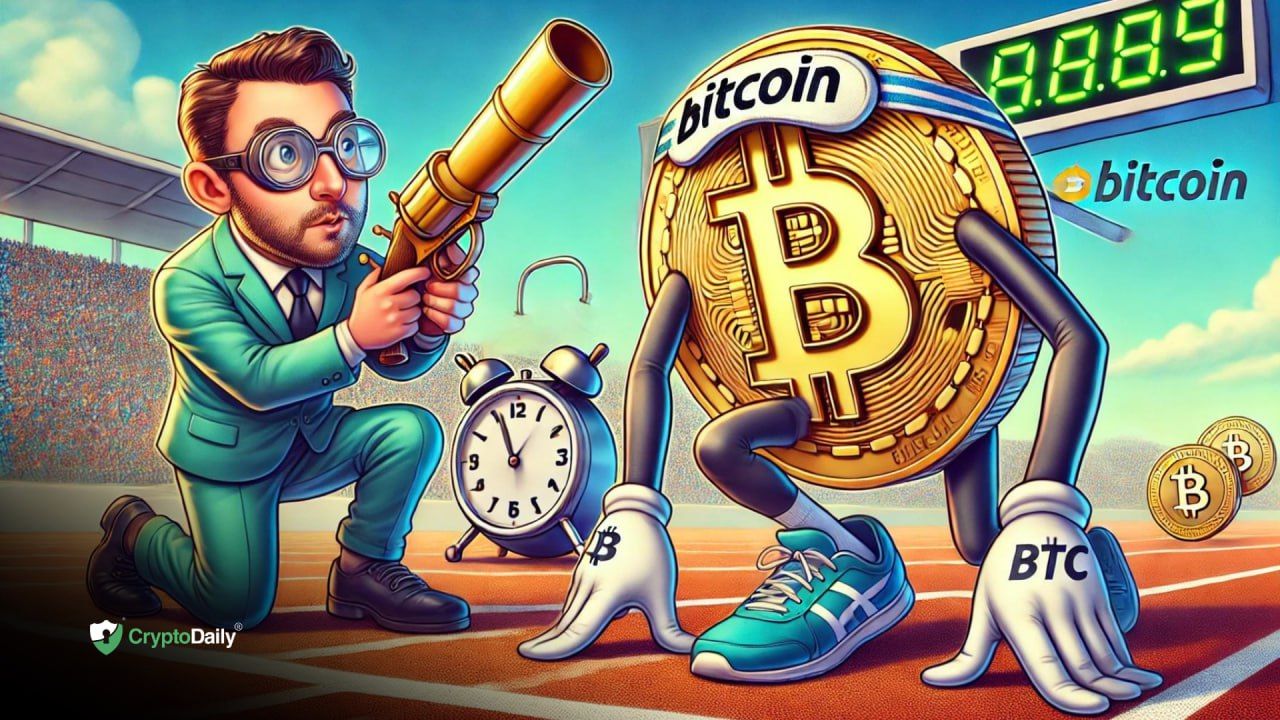Polygon Labs has announced it has deployed contracts for its next-generation cryptocurrency, POL, on the Ethereum mainnet.
The team has revealed it has migrated the POL token contract to the Ethereum network, clearing the path for it to replace MATIC in the future.
POL Ethereum Contract Deployed
The POL cryptocurrency is designed to evolve from the existing MATIC token and will align with the architecture for the upcoming Polygon 2.0 upgrade. Polygon completed deploying the testnet earlier this month. However, the team has clarified that MATIC holders don’t need to exchange it for POL as of now.
“The POL token upgrade is now live on Ethereum mainnet. Polygon 2.0, released this summer, is a roadmap for scaling Ethereum to build the Value Layer of the Internet. POL unlocks that future. POL is a next-generation token that can power a vast ecosystem of ZK-based L2 chains. It does that via a native re-staking protocol that allows POL holders to validate multiple chains and perform multiple roles on each of those chains, turning POL into a hyperproductive token. This major milestone is the result of months of development, extensive community consultation, and a successful testnet launch. Big thanks & congratulations to everyone involved.”
This development comes after a series of now-approved Polygon Improvement Proposals, which were passed in September. These proposals highlighted the specifications for the POL token. Several key proposals were taken under consideration. These include PIP-17, which initiated the POL cryptocurrency upgrade, and PIP-19, which recommended the adoption of POL as Polygon’s primary Proof-of-Stake native gas and staking coin.
As a result, POL will become the main cryptocurrency for the Polygon 2.0 ecosystem and will support a complete ecosystem of zero-knowledge-based layer-2 chains. It will also incorporate features such as community ownership, staking, and governance.
Paving The Way For Polygon 2.0
According to blockchain data, the new token was created on the 25th of October at 9:06 a.m. UTC. The Polygon team stated that the POL token would power a vast ecosystem of zero knowledge-based Layer-2 chains by implementing a re-staking protocol. This would allow token holders to stake the POL token on multiple chains and perform multiple functions while doing so.
“POL, a next-generation hyperproductive token, will power a vast ecosystem of zero knowledge-based Layer 2 chains via a native re-staking protocol that allows POL holders to validate multiple chains and perform multiple roles on each of those chains.”
POL’s launch will also enable the implementation of other aspects of the Polygon 2.0 roadmap. This includes the launch of a new staking layer for the larger Polygon ecosystem, upgrading the current Proof-of-Stake network to zkEVM Layer-2, and the creation of a shared liquidity protocol for all Polygon networks.
“The POL upgrade also paves the way for the next series of milestones in the Polygon 2.0 roadmap. That list includes launching a new staking layer to power Polygon L2s, upgrading Polygon PoS to zkRollup, and implementing an advanced, ZK-powered interoperability and shared liquidity protocol for all these L2s.”
POL Currently Not Being Used
The Polygon team emphasized that the POL token is currently not being used for any systems in the Polygon Network. Staking on Polygon zkEVM and Polygon PoS is being done by the MATIC token. All gas fees on the network are also being paid using the MATIC token.
Polygon Labs announced the development of its new Layer-2 ecosystem on the 29th of June, calling it Polygon 2.0. On the 14th of September, the team announced that Polygon 2.0 would be using a new token. However, at the time of the announcement, the token was just a proposal and had not been deployed on Ethereum. Polygon Layer-2 will use zero-knowledge proofs to validate transactions between different networks. Competitors of the new network include Optimism Labs, which will be using its optimistic roll-up technology to secure messages between networks.
Disclaimer: This article is provided for informational purposes only. It is not offered or intended to be used as legal, tax, investment, financial, or other advice.





